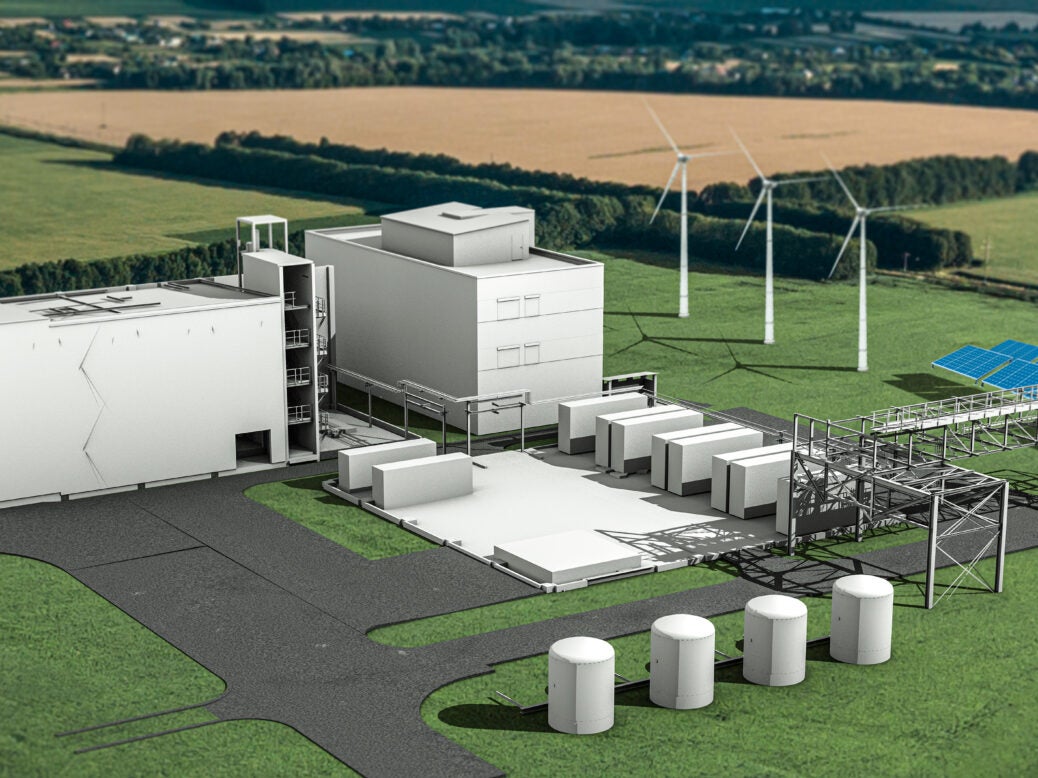
BASF said it would will build a commercial scale battery recycling black mass plant in Schwarzheide, Germany.
This investment strengthens strengthens its cathode active materials (CAM) production and recycling hub in Schwarzheide. The site is an ideal location for the build-up of battery recycling activities given the presence of many EV car manufacturers and cell producers in central Europe. This investment will create about 30 new production jobs, with startup planned for early 2024.
Black mass production is the first step in the battery recycling process and is based on mechanical treatment of the batteries. The produced black mass contains high amounts of the key metals used to produce CAM: lithium, nickel, cobalt and manganese. It will be the feedstock for the commercial hydrometallurgical refinery for battery recycling that BASF plans to build mid decade.
“With this investment in a commercial scale battery recycling black mass plant, we take the next step to establish the full battery recycling value chain at BASF. This allows us to optimise the end-to-end recycling process and reduce the CO2 footprint,” said Peter Schuhmacher, president, catalysts division.
“The closed loop from end-of-life batteries to CAM for new batteries, supports our customers along the entire battery value chain, reduces the dependency from mined raw materials and enables a circular economy.”
Battery recycling is an important lever to reduce the CO2 footprint of battery electric vehicles, and is key to meet ambitious, circularity-driven policy requirements, expected under the proposed EU Battery Regulation. These will cover recycling efficiency of lithium-ion batteries, as well as material recovery and recycled content targets for nickel, cobalt and lithium.
